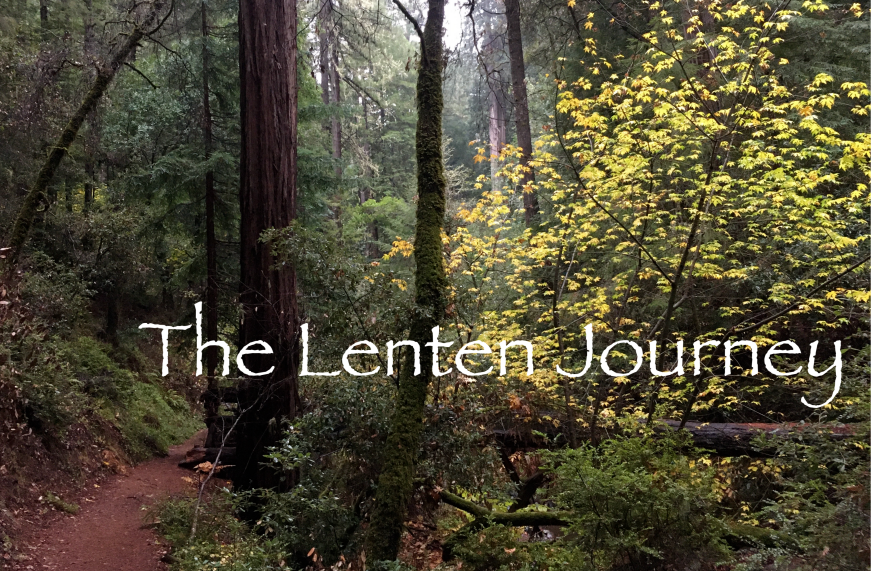Sunday, March 14, 2021

Dear St. Luke Family:
Did you know that In-n-Out Burgers tucks Bible verses into obscure spots on its cups and food wrappers? Not the verses themselves – just the citations – so, for example, “John 3:16,” is inscribed on the inside rim of the bottom of beverage cups. Why? I haven’t found any explanation at the In-n-Out website or in the restaurants themselves. Are people supposed to be curious enough to look up John 3:16 in the Bible to see what it says, and, convinced by the power of that one verse, convert to Christianity? I wonder if that ever happens. I’m guessing that what actually happens is that the people who know John 3:16 feel like insiders, and the people who don’t know it feel like outsiders, which is exactly what I’d long understood as the intention of this verse. While John 3:16 is a great source of comfort to many people, when I was in college, I really struggled with it.
Or, rather, I struggled with John 3:16 as I had understood it. I’d only heard the verse used to say that certain people are “in” with God and certain people are “out” with God and even if you never had a chance because of culture or background or whatever else, if you don’t “believe” then you are among the “outs.” It challenged my sense of God’s goodness that God would be so arbitrary.
What is your reaction to this verse? Many of us memorized it as children, and it still shows up on placards at sporting events. How might we read this important verse in a way that is consistent with, “God so loved the world” – with God’s love for the whole world? Join us Sunday as we explore the Pharisee Nicodemus’ conversation with Jesus, and John 3:16.
Grace and peace,
Joanne Whitt
Interim Pastor
